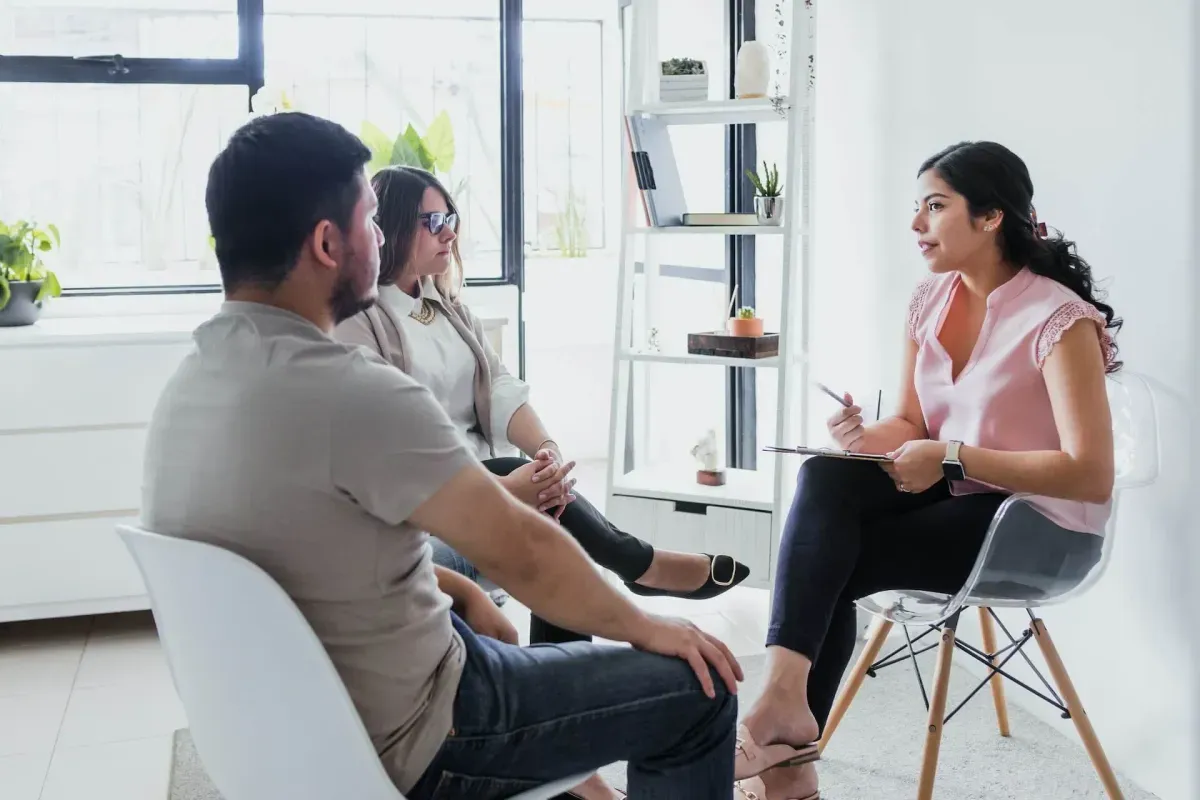
Couples Therapy Exercises
Discover 33 Couples Therapy Exercises, Activities, & Questions designed to strengthen relationships, improve communication, and deepen emotional connection.
Get carepatron free
Commonly asked questions
Couples who are facing communication issues, conflicts, or emotional disconnects can benefit from couples therapy. It’s also helpful for those who want to strengthen their relationship or work through specific challenges like trust issues or major life changes.
The best therapy for couples depends on their specific needs, but popular choices include emotion-focused therapy (EFT) and cognitive behavioral therapy (CBT).
Couples can bring up the idea of couples therapy by expressing their love and concern for one partner, saying something like, "I care about our relationship and think talking to a therapist together could really help us understand each other better."







